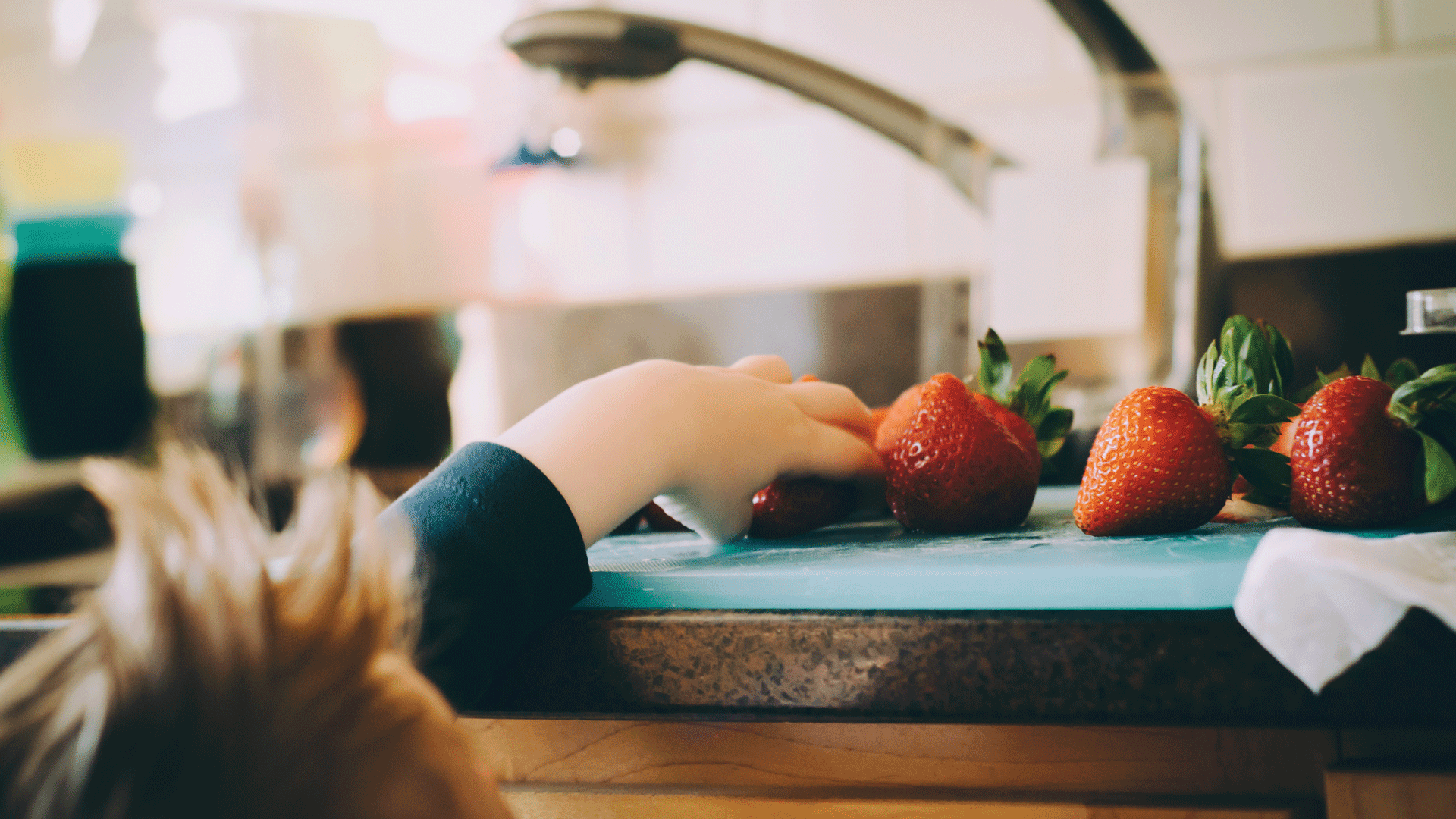
25 Mar Sick Children And Play Dates
It’s every parents worst nightmare when your little one catches the flu from another child or family friend on a play date. But does that mean we should all become germaphobes?
You’re in the middle of a play date and your toddler exchanges saliva with your friend’s child as they gleefully chew on the same toy. Then, without blinking, your friend declares: “This play date has really cheered up little Harry. He was up all night with a terrible fever.”
Do you?
a) Whisk your child away from little Harry, cursing your friend for her thoughtlessness.
b) Weakly smile and cross your fingers behind your back, then smother your child head-to-toe in hand sanitiser the moment the play date is over.
c) Happily applaud this wonderful opportunity to boost your child’s immune system.
I must confess, I’m somewhere between a) and b)… Well, if I’m completely honest, I’m probably more a) than b). I’ve even distanced myself from a friend who made it a habit of bringing her sick children to play dates.
My cross-infection phobia extends to the toys in medical-centre waiting rooms, which my kids know are strictly off limits. “Don’t let them touch the toys, they’ll get sick!” my son loudly implores the less-neurotic parents of children happily playing with the toys.
Am I overreacting? Just how infectious are sick children? And how germy are the toys in your doctor’s surgery?
An Expert’s Opinion
I decided to put these questions to GP (and mother) Dr Martine Walker, who practices in Sydney.
“It’s probably not ‘what’s correct’ but what is ‘seen to be correct’,” says Walker. “Getting bugs when you are little is an important part of developing a healthy immune system. The sticky bit here is whether you have the right to expose other people’s children to your child’s bugs without their consent.
“From my experience, what really upsets mums with sick kids who suspect the bug came from a play-date interaction is that they were not given the chance to choose whether they wanted their child to play with a potentially infectious child or not.”
Risk Assessment
So if there is a sick child on a play date, how can the other parent assess the likelihood of their child becoming unwell?
“Whether a person is infectious or not depends on how long the illness has been in their system,” says Walker. If a child has a fever, it’s reasonable to assume they are fairly infectious and could spread their illness through coughing, or sharing mucus or saliva. If someone has had a cold for three to five days, it’s less likely that they are contagious, but handwashing is still important.
“But the risk really should be assessed against your situation at the time. For example, if you’re about to start a new job, go on a holiday, or have your baby stay overnight with Grandma for the first time, it’s probably best to minimise your child’s contact with other sick children, just to be on the safe side,” she says.
Toys In Surgeries
When it comes to toys in medical centres, Walker says the majority of practices follow standards that dictate toys should be cleaned on a regular basis.
“However, in reality you can never be completely sure, as an infectious child may have touched the toys moments before yours,” she says. “In my experience, though, children who are really sick tend not to play with the toys. It’s more likely their well siblings would play with the toys while the sick child sits on Mum’s or Dad’s lap.”
Handwashing
According to Dr Walker, the best insurance against cross infection is good old-fashioned handwashing.
“Lots of people can be infectious before they show any symptoms. This is why good handwashing practices should always be followed,” she says. “The actual risk your child could face during a play date really does vary, and in reality the potential downside to sick children playing together is really quite minimal. But ultimately it’s about informing other people that your child may be unwell, so they can make their own decision.”
So it seems that when it comes to sick children and play dates, good manners are perhaps more important than good science.
Words by Lisa Lintern



